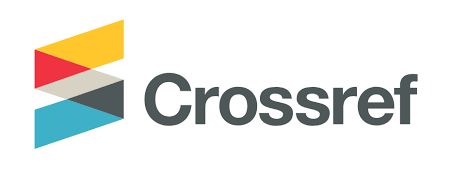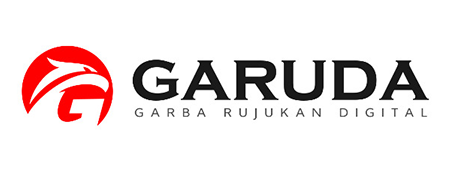PENDIDIKAN POLITIK DAN SOSIALISASI PEMILU 2024
Keywords:
Democracy, Political Education, Election, President, ParliamentAbstract
In 2024, Indonesia will hold general election, which is a routine agenda of every five years. But the 2024 election has an important signification as it would determine Indonesia's future. Apart from electing new members of parliament and a new president, after President Joko Widodo was unable to run for office due to the provisions of the 1945 Constitution, the 2024 election will be a touchstone for assessing the quality of democracy in Indonesia. At the end of Susilo Bambang Yudhoyono's administration, Indonesia's democracy was said to have stagnated, because President Susilo Bambang Yudhoyono’s policies were more accommodative to various parties within the parliament in order to maintain political stability and economic growth. With such kind of policy, reform of the bureaucracy and the military must have proceeded slowly, and eradicating corruption is still a big homework, and the protection of minorities and freedom of the press had to be fought for. But under the Jokowi’s administration, Indonesia's democracy is said to have suffered a setback due to political polarization, revision of the Corruption Eradication Commission (KPK) law, rampant corruption, and restrictions on civil liberties. To overcome this situation, it is important to provide political education to the public so that they are able to choose qualified leaders, such as through conducting lectures and discussions. The paper is a report of discussion held at Sunga Rukam village, Enok Subdistrict, Indragiri Hilir District. It showed that thatparticipants have a good understanding of political developments, especially those related to election, but they are still vulnerable to hoax and hate speeches, and in consequence, being trapped in political polarization
Downloads
References
Abdussamad, G. M. A., & Faralita, E. (2023). Korupsi Politik Terlahir Dari Sistem Pemilihan Umum Menggunakan Sistem Proporsional Terbuka Di Indonesia. WASAKA HUKUM, 11(1), 62-77.
Anggraeni, D., & Adrinoviarini, A. (2020). Strategi Pengawasan Terhadap Ujaran Kebencian Di Media Sosial Pada Pemilu. AL WASATH Jurnal Ilmu Hukum, 1(2), 99-116.
Arif, M. S. (2019). Reformulasi Model Penyuaraan Paska Pemilu Serentak 2019: Studi Evaluasi Sistem Proporsional Daftar Terbuka. Jurnal Wacana Politik, 4(2).
Bakri, S., Zulhazmi, A. Z., & Laksono, K. (2019). Menanggulangi hoaks dan ujaran kebencian bermuatan isu suku, agama, ras, dan antargolongan di tahun politik. Al-Balagh: Jurnal Dakwah Dan Komunikasi, 4(2), 199-234.
Budiatri, A. P., & WIRATRAMAN, H.
(Eds.). (2022). Demokrasi tanpa demos: refleksi 100 ilmuwan sosial politik tentang kemunduran demokrasi di Indonesia. Lp3es.
Komisi Pemilihan Umum (KPU a), 2022. Biro Advokasi Hukum dan Penyelesaian Sengketa, Menjawab Problematika Hukum Dugaan Pelanggaran Administratif Pemilu dan Sengketa Verifikasi Parpol Pemilu 2024, Tahun 2022
Komisi Pemilihan Umum Republik Indonesia (KPU b) 2022 Bunga Rampai Tata Kelola Pemilu Indonesia Edisi 4 Tahun 2022
Mujani, S., & Liddle, R. W. (2021). Indonesia: Jokowi sidelines democracy. Journal of Democracy, 32(4), 72-86.
Rasidin, M., Witro, D., Yanti, B. Z., Purwaningsih, R. F., & Nurasih, W. (2020). The role of government in preventing the spread of hoax related the 2019 elections in social media. Diakom, 3(2), 127-137.
Downloads
Published
Issue
Section
License
Copyright (c) 2024 EJOIN : Jurnal Pengabdian Masyarakat

This work is licensed under a Creative Commons Attribution-ShareAlike 4.0 International License.









